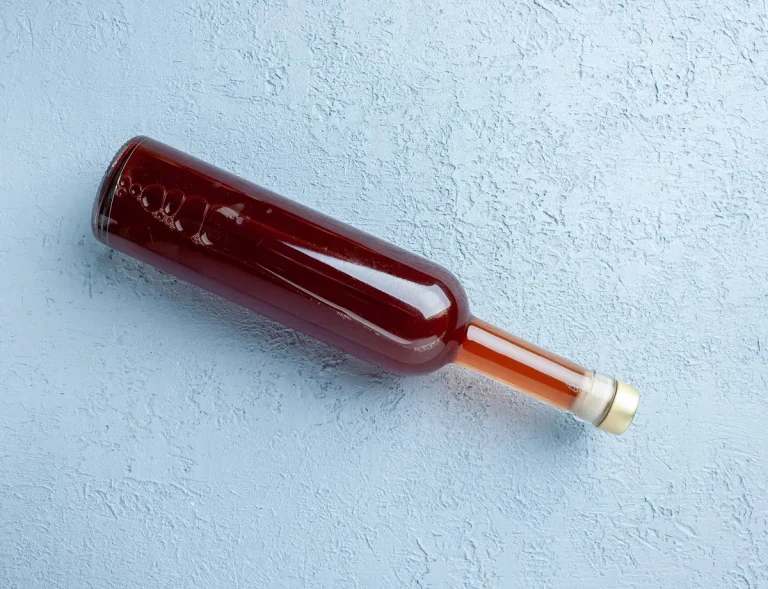🎁 Buy 6 Bottles, Get 6 FREE
Ice Wine Health & Nutrition Guide

Ice wine contains antioxidant polyphenols, but it is also high in sugar and calories, and studies on its effects on metabolic health have shown mixed results. In the short term, moderate consumption may not have a major impact on liver health, but it has been associated with increased plasma uric acid levels. Because of its naturally high sugar content, it’s important to consume ice wine in moderation to avoid potential health risks related to both alcohol and sugar intake.
Ice wine is a special and delicious treat loved by wine fans for its sweet and rich taste. But if you’re a health-conscious wine lover, you might be asking, “Can I enjoy ice wine and still stick to my diet or wellness goals?”.
This guide explains everything you need to know about ice wine’s nutrition. We’ll answer your questions about calories, sugar, antioxidants, and even whether it works with a keto diet.
Calories in Ice Wine
Let’s start with the key metric many are concerned about—calories. Ice wine is a dessert wine, which naturally makes it higher in calories than a standard glass of dry table wine.
On average, a 120mL serving of ice wine contains around 180–200 calories, depending on the grape variety and production methods. Why the high count? It comes down to its high residual sugar content, which contributes to its sweet taste.
For context, a glass of dry red or white wine would usually range between 120–140 calories. But remember—ice wine is typically poured in smaller portions than table wine, so you’re unlikely to consume as much in one sitting.
If you love the sweet, rich taste of ice wine, check out our ice wine collection. There’s something for everyone!

Is Ice Wine Gluten-Free?
For those with gluten sensitivities, here’s some good news—ice wine is gluten-free. Wine, including ice wine, is made from fermented grapes and does not contain gluten.
However, cross-contamination is always a possibility, especially if the wine was aged or stored in barrels sealed with wheat-based paste. To ensure you’re truly gluten-safe, opt for brands and manufacturers that explicitly label their wine as gluten-free.
Sugar Content in Ice Wine
Ice wine is known for its natural sweetness, which comes from grapes that are frozen on the vine, concentrating their sugars. But just how much sugar are we talking about?
On average, a serving of ice wine contains 20–30 grams of sugar per 120mL glass. For comparison, a standard dry wine generally has about 0.1–4 grams of sugar per glass.
Is Ice Wine Keto-Friendly?
If you follow a ketogenic diet, you may already suspect that ice wine isn’t exactly keto-friendly—and you’re correct. Due to its high sugar content, ice wine won’t fit into the strict carbohydrate limits of a keto diet.
A 60mL pour of ice wine contains around 12-15 grams of carbohydrates, almost entirely from sugar. For reference, keto dieters aim to consume fewer than 50 grams of carbs per day, often limiting themselves to even less to stay in ketosis.
If you’re committed to keto but still want a treat, consider enjoying half a pour as part of a “cheat day” or alongside a low-carb, fat-rich meal to minimise the impact on your carb count.
Antioxidants in Ice Wine
Now for some good news—ice wine does have antioxidant properties. Like other wines, ice wine contains polyphenols such as flavonoids and resveratrol, which are known to combat oxidative stress in your body.
While ice wine may not contain the same levels of antioxidants as dry red wines like Cabernet Sauvignon or Pinot Noir, its concentrated nature means those antioxidants haven’t disappeared—they’re simply intermingled with the sugars.
It’s worth noting that while ice wine does offer health benefits, moderation is key. The high sugar content means it’s best enjoyed occasionally, rather than as a daily source of antioxidants.
Ice Wine Health and Nutrition: Enjoy it Mindfully
Ice wine is a sweet treat, and knowing its nutrition can help you enjoy it mindfully. Whether you’re watching calories, avoiding gluten, or looking for antioxidants, enjoy this drink in moderation.


